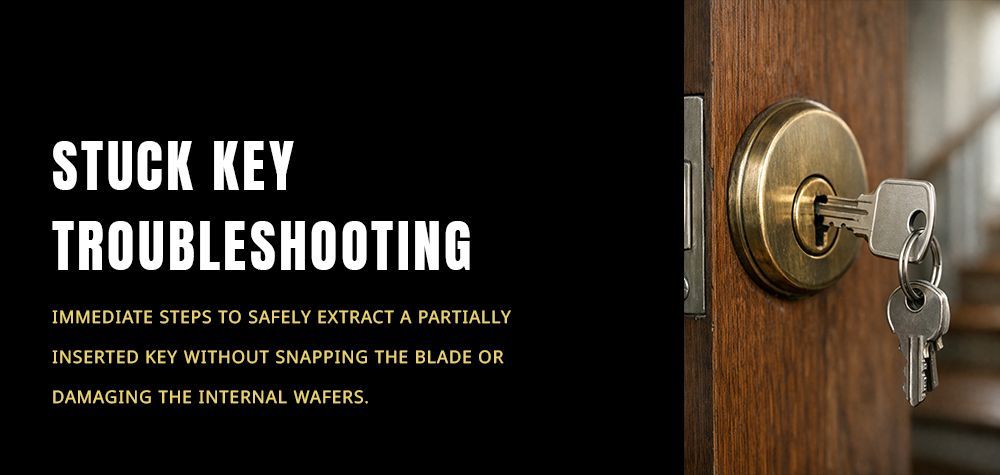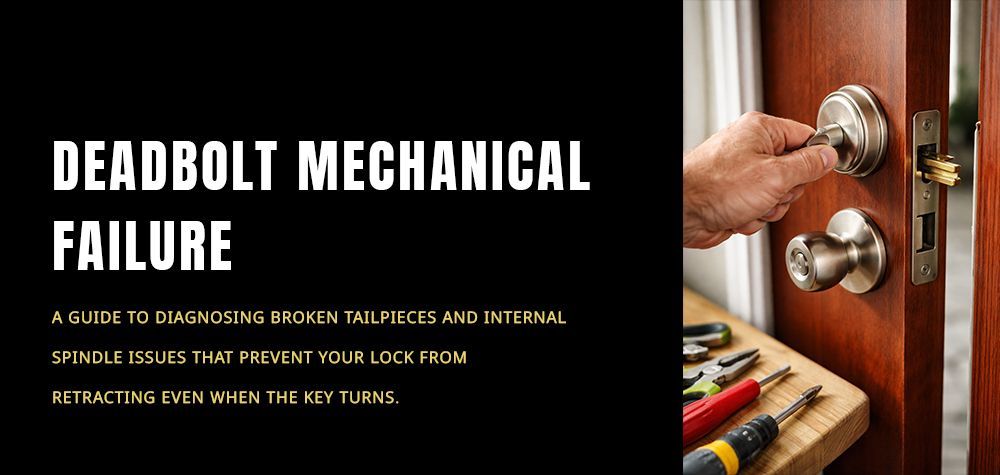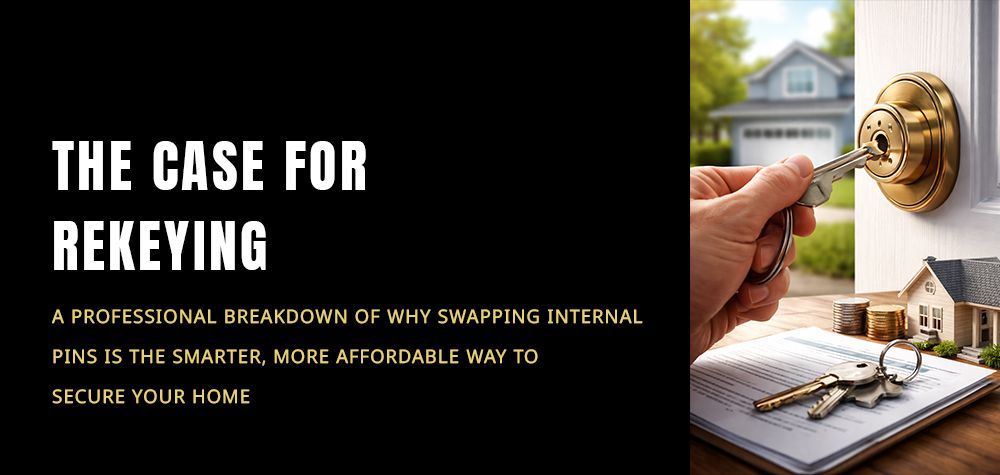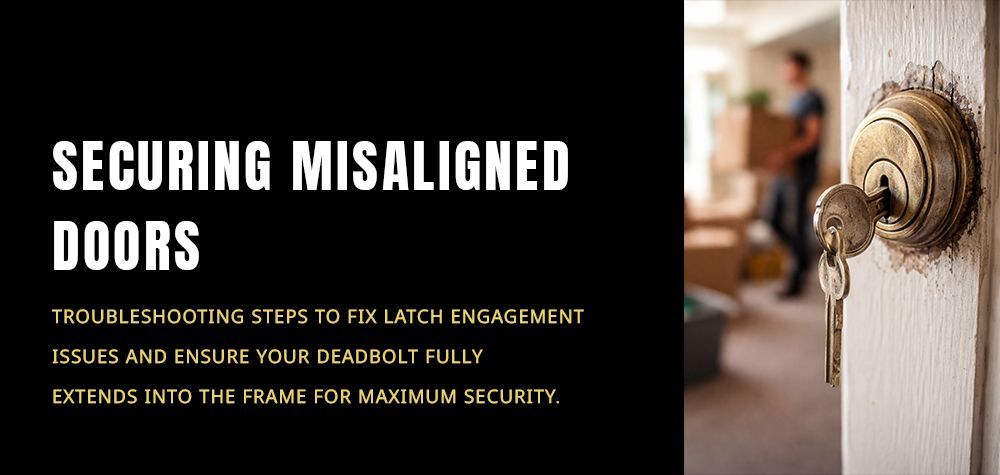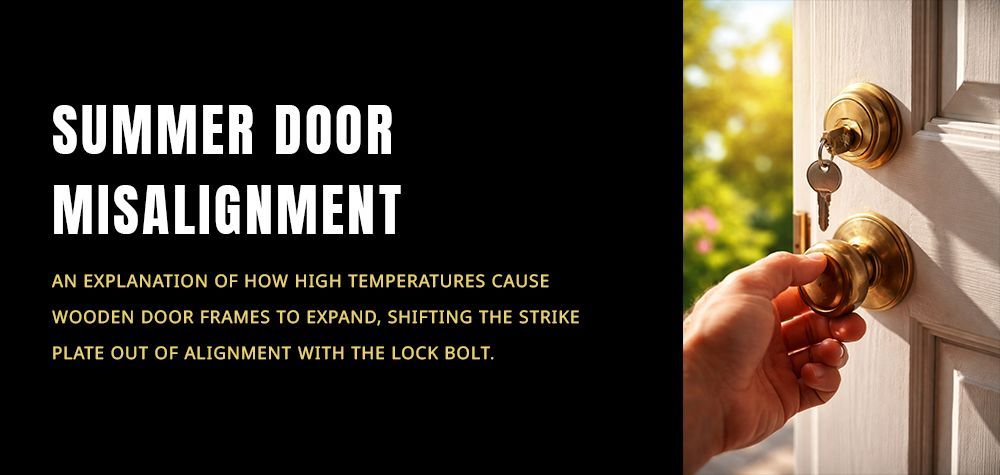The Pros and Cons of Keyless Entry Systems
Imagine never having to fumble for your keys again. No more digging through your bag, no more worrying about losing them, and no more dealing with worn-out locks. That’s the promise of keyless entry systems—a modern solution to an age-old problem. But as with any technology, keyless locks come with their own set of advantages and disadvantages. While they offer convenience, security, and enhanced control, they also introduce concerns about hacking, power failures, and costs. Before you decide to make the switch, it’s crucial to understand both sides of the equation. Let’s break it all down.
Best Keyless Entry Systems for Apartments & Rental Properties
The Pros of Keyless Entry Systems
1. Unparalleled Convenience
Gone are the days of carrying bulky keychains. Keyless entry systems allow you to enter your home, office, or rental property with just a PIN code, fingerprint scan, or smartphone app. This means no more scrambling to find keys or worrying about being locked out.
For property managers and landlords, this technology is a game-changer. Instead of coordinating key handovers, they can grant access remotely. For Airbnb hosts and rental property owners, keyless locks provide an effortless way to manage multiple guests without needing physical interaction.
2. Enhanced Security Features
Traditional keys can be lost, copied, or stolen, leaving your property vulnerable. Keyless locks eliminate this risk by using unique codes, biometric authentication, or encrypted digital keys. Many systems even offer temporary access codes for guests or service providers, which automatically expire after a set period.
Additionally, some high-end keyless systems send real-time alerts whenever someone enters, giving you full control over who has access and when. If you’re worried about break-ins, certain models even feature tamper alarms and automatic lockouts after multiple failed attempts.
3. Remote Access and Control
With smart keyless entry systems, you can control your locks from anywhere using your smartphone. Forgot to lock the door before leaving for work? No problem—just tap your phone. Expecting a package while you’re away? Unlock the door remotely for the delivery person and lock it again when they leave.
For rental properties, remote access is especially beneficial. Landlords can deactivate old tenant codes and set new ones without replacing locks. Business owners can grant and revoke employee access without the hassle of making new keys.
4. Durability and Less Wear and Tear
Traditional locks experience wear over time due to constant key insertion and turning. With keyless locks, there’s no physical mechanism in use, reducing wear and tear. This means fewer lock replacements and lower maintenance costs in the long run.
5. Customizable Access Options
Keyless systems offer different modes of entry, from PIN codes and fingerprint scans to Bluetooth and WiFi-enabled smartphone access. You can customize access permissions based on individual needs, setting different codes for family members, employees, or temporary guests.
The Cons of Keyless Entry Systems
1. Expensive Initial Investment
Unlike traditional locks, keyless entry systems come with a higher price tag. A basic electronic keypad lock can cost anywhere from $100 to $300, while high-end biometric or smart locks can exceed $500. And if you’re upgrading multiple doors, the cost quickly adds up.
Additionally, professional installation may be required for some models, further increasing expenses. While the long-term benefits may outweigh the cost, the initial investment can be a deterrent for many.
2. Potential for Power Failures and Battery Issues
Most keyless locks rely on batteries or electrical power. If the batteries die or there’s a power outage, you could be locked out. While many models provide low-battery warnings, it’s still something you need to stay on top of.
Some advanced systems include backup power options, such as emergency key slots or external battery connectors, but not all models have these features. If you choose a fully electronic lock, always have a backup plan in place.
3. Hacking and Cybersecurity Risks
Because smart locks rely on digital technology, they are susceptible to hacking. While modern encryption techniques make them relatively secure, cybercriminals are constantly evolving their methods. If your lock is connected to WiFi, Bluetooth, or a mobile app, there’s always a risk of unauthorized access.
To mitigate this, choose locks with advanced encryption, enable two-factor authentication, and regularly update firmware to fix potential security vulnerabilities.
4. Learning Curve and User Error
Unlike traditional locks, keyless systems require some learning and adaptation. If you have elderly family members or less tech-savvy individuals in your household, they may struggle with digital locks. Forgetting PIN codes, entering incorrect numbers too many times, or failing to charge a smart lock can lead to frustrating situations.
Additionally, some keyless entry systems require a smartphone, which may not be convenient for everyone. If your phone dies or is lost, you could be locked out unless a backup method is available.
5. Compatibility and Retrofitting Issues
Not all doors are designed to accommodate keyless locks. If you’re upgrading an older property, you may need modifications to install a digital lock, especially if the door isn’t standard-sized or has unique hardware.
Some keyless systems also require an existing deadbolt, meaning you may need to replace your current lock entirely. Before purchasing, check compatibility to avoid unnecessary installation headaches.
Making the Right Choice: Is Keyless Entry Right for You?
If you value convenience, security, and modern technology, a keyless entry system can be a worthwhile investment. It’s especially useful for rental properties, businesses, and tech-savvy homeowners who want remote access and enhanced control. However, if you’re concerned about costs, power failures, or potential cyber risks, a traditional lock may be the safer option.
For the best of both worlds, consider hybrid locks that offer both keyless entry and a traditional key slot. This way, you get the convenience of a digital lock while maintaining a physical backup.
Conclusion: The Key to a Smarter Lock System
Keyless entry systems are changing the way we think about security, offering convenience, advanced features, and enhanced protection. However, they’re not without their downsides. Understanding the pros and cons will help you make an informed decision about whether keyless locks are the right choice for your home or business.
Ultimately, the best lock is the one that suits your needs and lifestyle. Whether you go fully digital or stick with a classic deadbolt, the goal remains the same—keeping your space secure and accessible to the right people. Reach out to professional help for seamless service!
Call Us Any Time!


